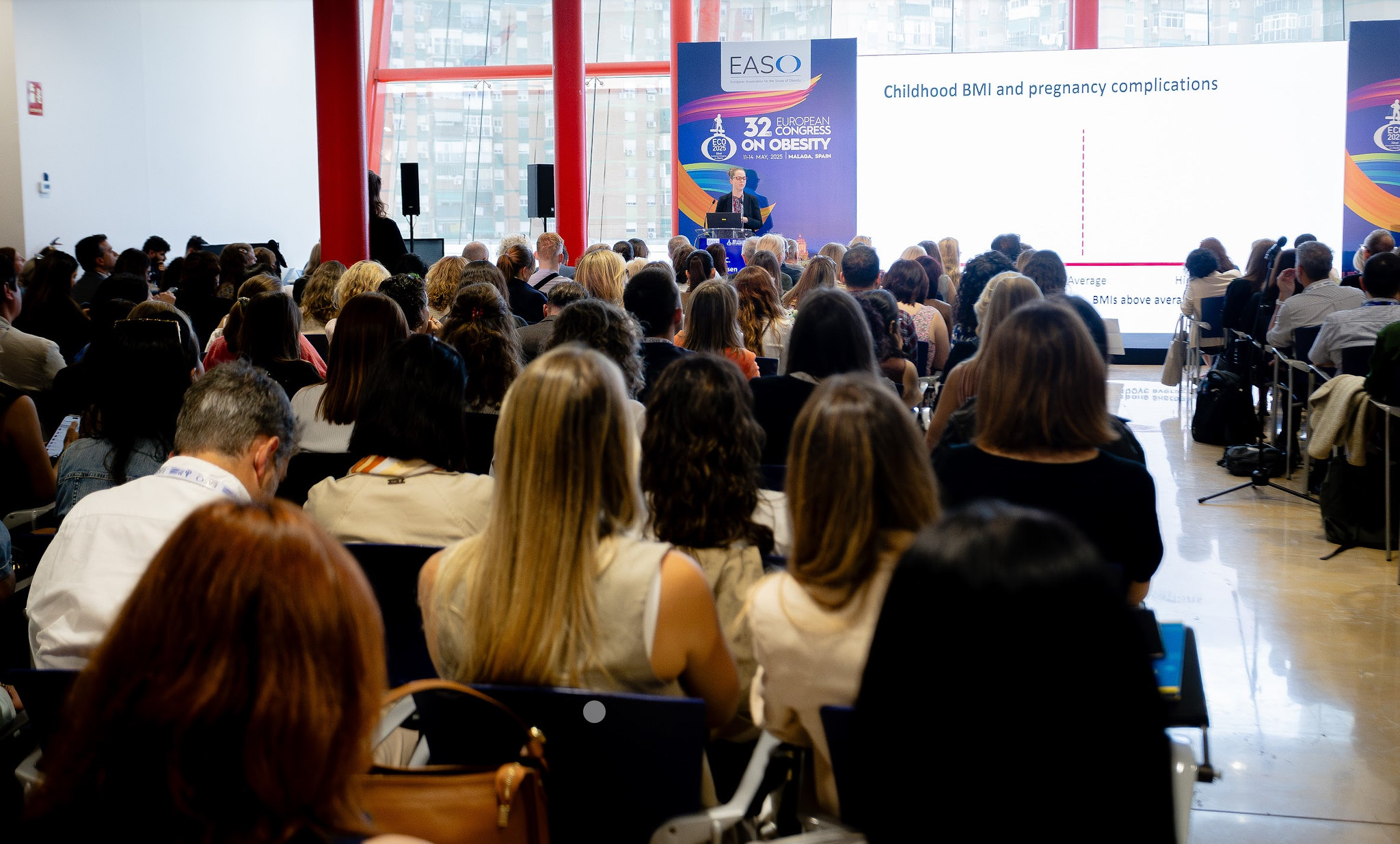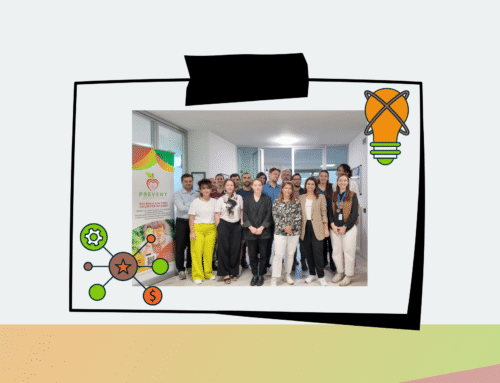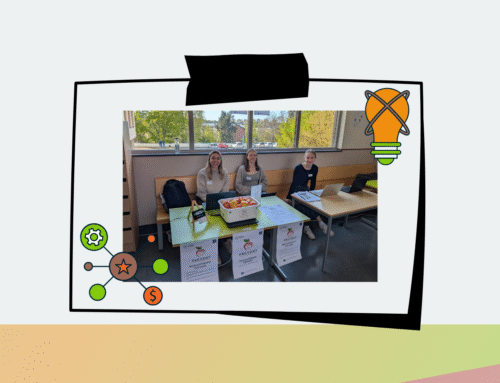Málaga, Spain – 11–14 May 2025
The 32nd European Congress on Obesity (ECO2025), held in Málaga, brought together leading experts, policymakers, and stakeholders in the field of obesity research and prevention. Organised by the European Association for the Study of Obesity (EASO) and the Spanish Society for the Study of Obesity (SEEDO), the congress served as a key platform for advancing evidence-based approaches to address one of the most pressing public health challenges in Europe.
Among the initiatives featured at ECO2025 was PREVENT, an EU-funded project focused on reducing cancer risk through scalable strategies to prevent obesity during childhood and adolescence. The project was prominently represented in the EU Project Village, engaging with delegates and sharing insights on the use of implementation research to improve the effectiveness and reach of primary prevention interventions.

Connecting with the EU Obesity Research Ecosystem
Members of the PREVENT consortium used the EU Project Village as an opportunity to connect with other EU-funded projects that are working together to address obesity and related health risks. These projects included NutriWell, BIO-STREAMS, OBCT and BETTER4U. The PREVENT team shared project updates and materials, emphasising their focus on overcoming real-world barriers to scaling up in diverse socio-economic and cultural contexts.
PREVENT’s approach — rooted in implementation science — stood out for its commitment to systems-level transformation, including cross-sector collaboration, policy integration, and long-term sustainability.
Scientific Sessions Underscore the Need for Structural Change
The themes explored throughout ECO2025 resonated strongly with PREVENT’s objectives. Sessions highlighted the importance of multi-actor, system-oriented strategies, and the limitations of individual-level interventions in addressing the complex drivers of obesity. Researchers called for equity-based policies, school- and family-focused interventions, and structural changes to the environments where children live, learn, and play.
Notably, several workshops and presentations examined the application of digital tools and real-world data to improve engagement in schools — from classrooms to canteens — reflecting PREVENT’s ambition to embed prevention strategies across key settings. Additional sessions explored the integration of pharmacological treatments and nutritional counselling, reinforcing the need for holistic, adaptable approaches to obesity prevention.

Recognising Excellence in Obesity and Cancer Prevention Research
ECO2025 also celebrated outstanding contributions to the field, several of which align with PREVENT’s mission:
Dr. Veera Houttu received the EASO-NNF New Investigator Award 2025 in Childhood Obesity for her research on eating behaviour and sensory perception in early childhood.
Dr. Matthew Harris was awarded the ECO2025 Prize for Public Engagement & Science Communication for his work involving patients and the public in a major study on designing cancer-preventive weight loss trials.
Chiara Gericke also received the ECO2025 Prize for Public Engagement & Science Communication for her research on the association between childhood obesity and the proximity of takeaway food outlets to schools in London.
Dr. Andrew Agbaje, winner of the EASO-NNF New Investigator Award 2024, returned to present new findings and engage with peers. His recent Flemming Quaad Award recognised his innovative work demonstrating that waist circumference-to-height ratio is a more accurate predictor of childhood obesity than Body Mass Index (BMI).
Strengthening Collaboration for Long-Term Impact
ECO2025 provided a valuable platform for PREVENT to strengthen partnerships, raise awareness of its work, and align with broader European efforts to address obesity as a critical cancer prevention strategy. As the project moves forward, PREVENT remains committed to advancing scalable, inclusive, and sustainable approaches that support healthier futures for children and adolescents across Europe.




